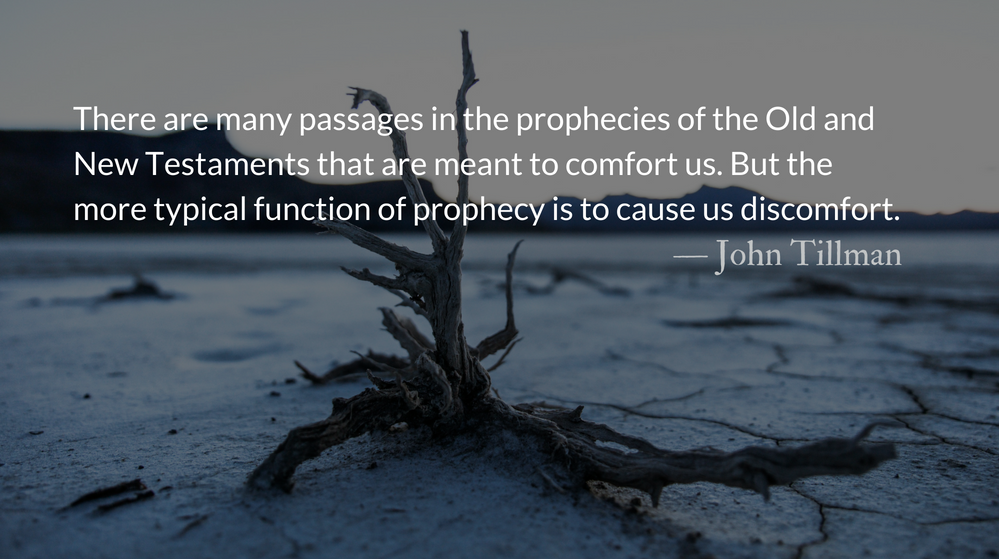Scripture: Psalm 49.12-13
People, despite their wealth, do not endure;
they are like the beasts that perish.
This is the fate of those who trust in themselves,
and of their followers, who approve their sayings…
Reflection: Lamenting Materialism :: A Guided Prayer
By John Tillman
Reading through the prophets, (since May we’ve covered Isaiah, Jeremiah, Lamentations, and now Ezekiel) it is difficult to ignore the constantly recurring refrain that the powerful and wealthy were neglecting their God-ordained responsibility to care for and provide justice to the outcasts, the marginalized, the poor, and the isolated.
The only thing mentioned as frequently is idolatry, but the idols Israel was worshiping were directly connected to wealth and financial success. In ancient agrarian society if you worshiped a sun god or a fertility goddess or a god of weather or a god of bountiful harvest you were worshiping a god of financial success. It is akin to our worship of stock performance or financial forecasts or political economic policies.
Guaranteeing continually renewing cycles of growth was Ba’al’s main gig. Today, Ba’al wouldn’t be a rain god, he’d be Gordon Gekko. Or Bernie Madoff. Or Jordan Belafort.
Materialism is one of the chief idols of our age and a recent article in The Atlantic discusses how we are teaching our children how to worship it.
As part of turning away from our idolatry, today we join in a prayer of lament based on today’s reading from Psalm 49 combined with Sunday’s reading of Psalm 51.
Prayer of Lament for Materialism
Lord we weep over our culture’s sinfulness.
Not distancing ourselves, claiming to be righteous,
But weeping at our complicit hearts.
People, despite their wealth, do not endure;
they are like the beasts that perish. — Psalm 49.12
We confess that we equate security and safety with the accumulation of wealth.
We store up for many years and say to ourselves, “I am secure.” (Luke 12.19-21)
This is the fate of those who trust in themselves,
and of their followers, who approve their sayings.
They are like sheep and are destined to die…
Their forms will decay in the grave,
far from their princely mansions. — Psalm 49.13-14
Help us, Lord to break our materialist thinking.
Help us escape the snare of jealousy and comparison.
Do not be overawed when others grow rich,
when the splendor of their houses increases;
for they will take nothing with them when they die,
their splendor will not descend with them. — Psalm 49.16-17
May we escape selfishness and greed and never cause others to live in hardship for our benefit.
May we soften our hearts of generosity, welcoming the needy and oppressed.
May we cling to you only, releasing our resources to your purposes.
You are right in your verdict
and justified when you judge…
Create in me a pure heart, O God,
and renew a steadfast spirit within me. — Psalm 51.4, 10
Reteach us, Lord, how you can bless our cities through us.
May it please you to prosper Zion,
to build up the walls of Jerusalem.
Then you will delight in the sacrifices of the righteous. — Psalm 51.18-19
Prayer: The Refrain for the Morning Lessons
It is not the healthy who need the doctor, but the sick…And indeed I did not come to to call the virtuous, but sinners. — Matthew 9.12-13
– Prayer from The Divine Hours: Prayers for Summertime by Phyllis Tickle.
Prayers from The Divine Hours available online and in print.
Today’s Readings
Ezekiel 10 (Listen – 3:16)
Psalm 49 (Listen – 2:10)
This Weekend’s Readings
Ezekiel 11 (Listen – 3:53) Psalm 50 (Listen – 2:26)
Ezekiel 12 (Listen – 4:26) Psalm 51 (Listen – 2:19)
Additional Reading
Read More from Prayers of Woe and Weeping :: Guided Prayer
Weeping for our own hurts and harms is one thing. Weeping for what grieves God is a prophetic task and a work of faith.
Read More about For These Things, I Weep
Jesus knew the weight of what he called the rich to do. He was intimately familiar with the path of self-denial.
Support our Work
Last month over 22,000 Park Forum email devotionals were read around the world. Support our readers with a monthly or a one time donation.










